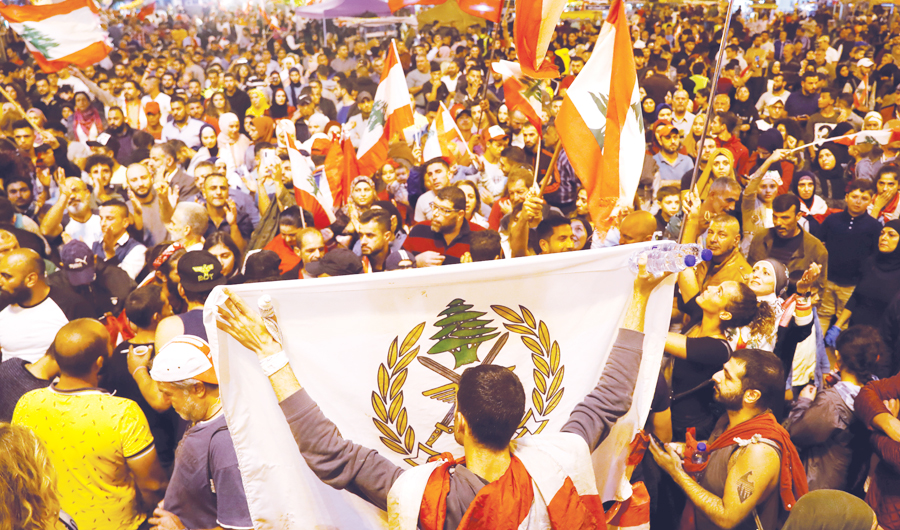Turkey-backed fighters kill foreign medic in Syria’s northeast
BEIRUT: Shelling by Turkey-backed opposition fighters killed a Burmese medic and wounded another Iraqi member of the humanitarian team on Sunday in northeastern Syria where fighting between Kurdish fighters and Turkey-backed gunmen continued, the head of the humanitarian group said.
David Eubank, a former member of US Army Special Forces and the founder of the Free Burma Rangers said in a video that the attack occurred about 4 kilometers from the northern town of Tal Tamr. Eubank said the medic, Zau Seng, was hit in the head by shrapnel from a mortar shell that struck nearby as he was filming a video of the fighting.
“He died right away and we brought him here to Tal Tamr,” Eubank said in the video, which also showed one of the aid group’s armored vehicles hit by shrapnel.
Eubank added that an Iraqi team member was also wounded in the mortar attack, which he blamed on the “Free Syrian Army and Turks.”
Earlier in the day, Mustafa Bali, a spokesman for the Kurdish-led Syrian Democratic Forces, tweeted that he “received terrible news” of the death of a medic with the Free Burma Rangers, putting the blame on the Turkish army.
The Britain-based Syrian Observatory for Human Rights, an opposition war monitor, also reported the death of the medic.
Turkey’s defense ministry denied that Turkish troops attacked the aid convoy, saying that the reports “are not true.”
The Free Burma Rangers identifies itself as a multi-ethnic humanitarian group working in Burma, Syria, Iraq and Kurdistan.
Turkey last month invaded northeastern Syria to push out Syrian Kurdish fighters, who it considers terrorists for their links to a Kurdish insurgency inside Turkey.
The Observatory said the fighting Sunday was concentrated near the town of Zirkan in the northeastern province of Hassakeh, adding that a Turkish drone attacked positions of the Kurdish-led forces in the area.
The Kurdish Hawar news agency said Turkish troops pounded Zirkan with artillery shells amid fierce fighting. It added that Turkey-backed fighters are trying to cut the M4 highway that links the northern city of Aleppo, Syria’s largest, with Hassekeh, adding that the Syrian Kurdish fighters repelled the attacks.
The fighting continued two days after Turkey and Russia launched joint patrols in northeastern Syria, under a deal that halted a Turkish offensive against Syrian Kurdish fighters who were forced to withdraw from the border area following Ankara’s incursion.
Though the truce has mostly held, it has been marred by accusations of violations from both sides and occasional clashes. Turkish President Recep Tayyip Erdogan has threatened to resume the offensive if deemed necessary.

Explosion in Syrian town on Turkish border kills 13Turkey releases 18 Syrian soldiers captured in Syria



